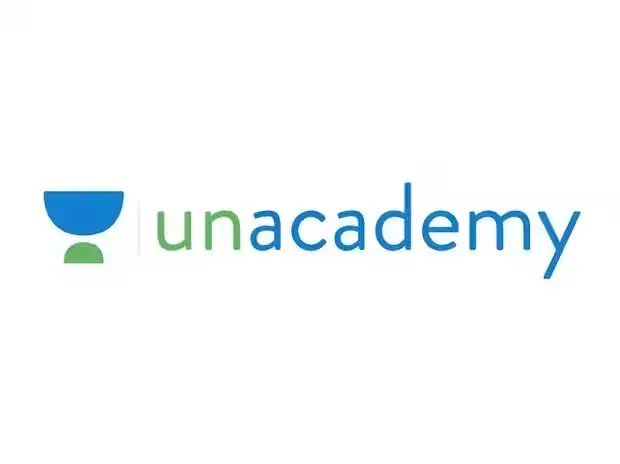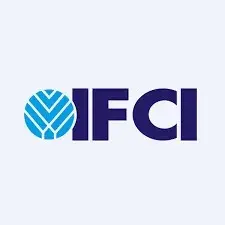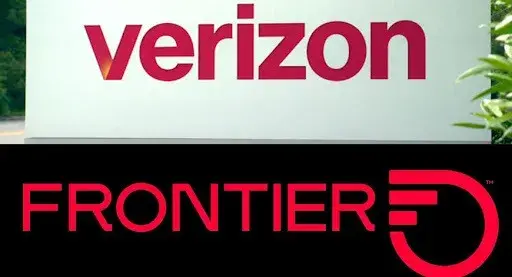Global Round-Up: Honda-Nissan Merger, Nvidia’s Latest Acquisition, and More
The global business and political landscape witnessed key developments as major players made significant moves and events unfolded across industries. Here’s a summary of the most notable stories from December 23 on World Street. Automotive Merger in Sight Honda, Nissan, and Mitsubishi have reportedly begun merger discussions, with an official announcement anticipated soon. According to sources, the talks aim to tackle challenges in the rapidly evolving automotive sector. If finalized, the merger would create the world’s third-largest automaker by vehicle sales, behind Toyota and Volkswagen. The companies are exploring options like forming a joint holding entity to counter competition from Tesla and Chinese automakers. Nvidia’s Acquisition Approved The European Commission has approved Nvidia’s $700 million acquisition of Run:ai, dismissing concerns about its potential impact on the GPU market. The deal allows Nvidia to enhance its capabilities in dividing and processing computing tasks, reaffirming its dominance in artificial intelligence hardware solutions. Media Shake-Up News Corp has finalized the sale of its Australian cable TV unit, Foxtel, to DAZN, a British-owned sports network, for $2 billion, including debt. The move marks a strategic shift for News Corp as it scales down its involvement in traditional media amid the streaming era’s dominance. As part of the deal, News Corp will retain a 6% stake in DAZN and secure a board seat in the global streaming platform. Starbucks Workers Strike Starbucks workers extended their ongoing strike to New York and three other US cities, bringing the total affected locations to 10. The five-day walkout, orchestrated by the union Workers United, disrupted operations during the critical holiday season. Despite Starbucks downplaying the strike’s impact, analysts suggest the action could affect Christmas sales. US Government Shutdown Avoided The US House of Representatives narrowly averted a government shutdown by passing a new funding bill on Friday evening. However, it excluded President-elect Donald Trump’s request for a debt ceiling increase. Tensions ran high after Trump and Elon Musk criticized the initial bipartisan bill. Efforts to introduce a Trump-backed alternative package failed to secure enough support, leaving the House divided. Source: moneycontrol Source: moneycontrol
Global Round-Up: Honda-Nissan Merger, Nvidia’s Latest Acquisition, and More Read More »










